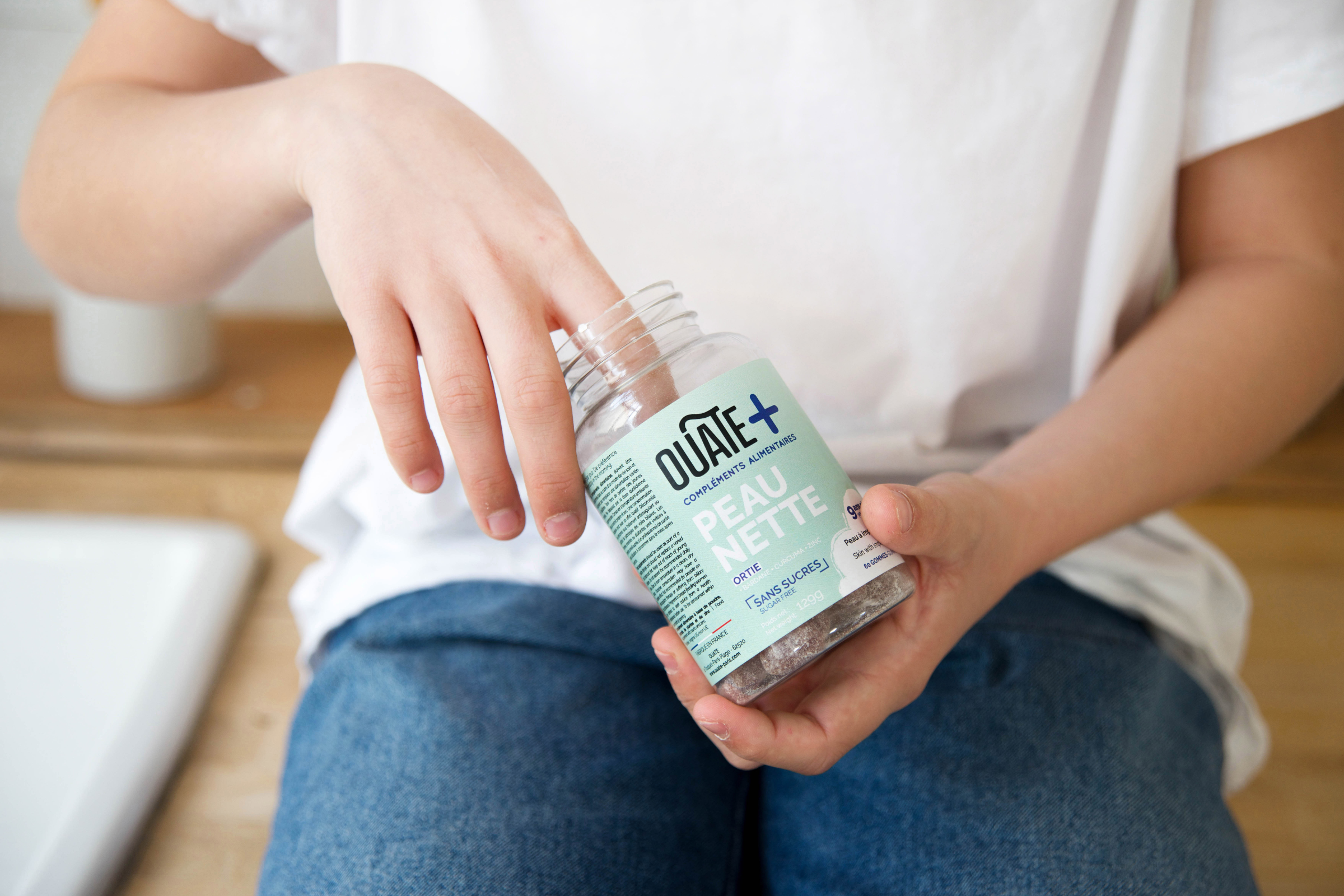What is puberty
Puberty is a phase of human development characterized by a series of physical, emotional and hormonal changes that lead to sexual maturity and reproductive capacity. It is a significant transition period between childhood and adulthood.
The stages of puberty
1 - Triggering
Puberty can begin at different ages depending on the individual, but in general, it begins between the ages of 8 and 13 for girls and between 9 and 14 for boys. However, considerable variations may exist, and an onset of puberty before these ages may be considered early.
Numerous studies show that puberty occurs earlier and earlier*, this is the phenomenon of precocious puberty, that is to say that the typical signs of puberty appear in children before the usual age.
The causes of precocious puberty can be diverse. Sometimes it can be attributed to genetic or family factors. In other cases, underlying medical conditions. Please note that it is essential to consult a health professional if you observe signs of puberty in a child before the usual age. Medical follow-up is important to assess the potential cause of precocious puberty and determine the best treatment or management plan, if applicable.
2 - Transformations of the body
Physical changes are among the most obvious aspects of puberty. In girls, this includes hip development, breast enlargement and the first period. In boys, the shoulders broaden, the voice changes, and hair growth on the face and body begins.
The onset of puberty often means the onset of skin problems. The body begins to secrete hormones responsible for excessive production of sebum, a fatty liquid that accumulates in the pores of the skin and causes pimples. In France, acne affects 80% of adolescents**.
However, the skin of children being more sensitive than that of adults, it requires appropriate and less aggressive treatment than existing ones. This is why we developed Clear Skin , the nutritional support adapted to treat imperfections from 9 years old.
Sugar-free and vegan, its formula based on zinc, nettle, burdock, turmeric and ceramosides acts in a purifying and preventive way while protecting and respecting the skin. How it works ? A Clear Skin treatment is 2 gummies with a good strawberry flavor per day for 30 days. No need for water to consume them, it's more practical and more fun. Our gummies make you want to take care of yourself. And when the desire is there, the results are visible!
3 - Emotional changes
Hormonal changes can impact children's emotions and behavior. They may become more sensitive or more irascible. Maintaining open communication is essential to help them understand and manage these emotions.
Parental support is fundamental. Listening, answering their questions in an open and understanding manner, and guiding them with respect are key elements in helping them get through this time with confidence and understanding.
Puberty is a complex period of development that can be both exciting and confusing for children. By understanding and supporting these physical and emotional changes, parents can play a vital role in guiding their children through this phase. Open communication, education and emotional support are pillars in helping children navigate this transition period with confidence.
Need more advice on puberty and acne? Discover our “3 tips to prevent the rebound effect” , the “5 anti-acne eating habits” or our article on “The recipe for passing the pre-adolescence milestone with honors”.
SOURCES:
*Study carried out in 2012, at the Necker hospital in Paris in the pediatric endocrinology department
**: Dermato-info.fr: general information site of the French dermatologist society consulted in July 2018.



